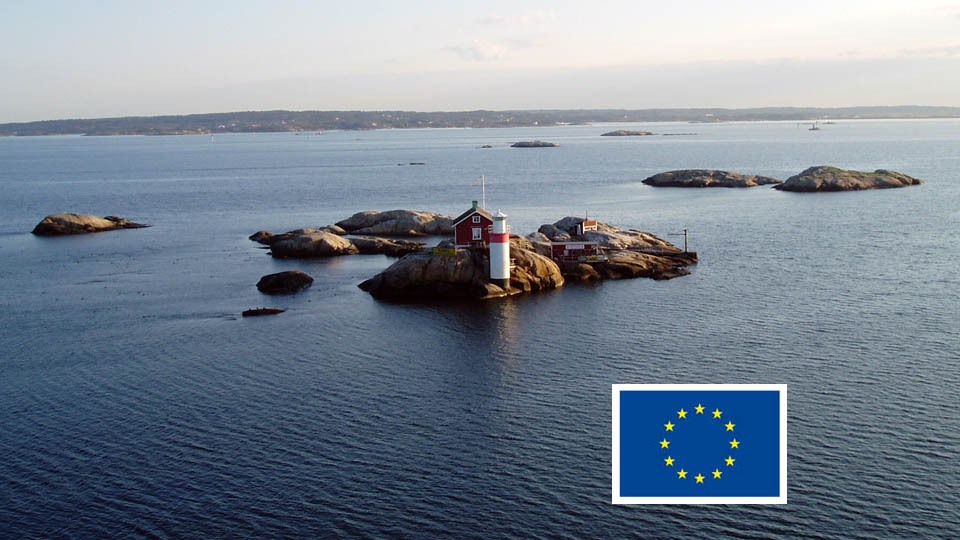
Monitoring and controlling emissions from shipping
The European SCIPPER project addresses air quality by improving and developing emissions monitoring systems in the shipping industry.
There are shortcomings in the way the shipping industry complies with emissions regulations and understanding of the extent to which the industry contributes to air quality problems is low. As a result, the EU has granted a EUR 5 million grant to alleviate these problems.
SCIPPER is an EU project comprised of 18 partners led by the University of Thessaloniki.
The project has two objectives:
1) To develop a system to ensure that shipping companies comply with rules governing emissions of sulphur and nitrogen oxides;
2) To improve models describing the way in which emissions from shipping contribute to air quality problems.
The project includes tests of sensors and systems for measuring onboard vessels, measurements using drones, satellites and other remote sensing systems, measurements in exhaust plumes and dispersion modelling. The project also has a section that deals with policy recommendations.
Project facts
- SCIPPER
- Budget: 4,9 MSEK
- Financed by: EU Horisont 2020
- IVL is the coordinator of the project.
- Period: 2019 - 2022
Contact
Want to know more about IVL's services and offers? Enter your email address and choose which area you want to know more about, and we will get back to you.

